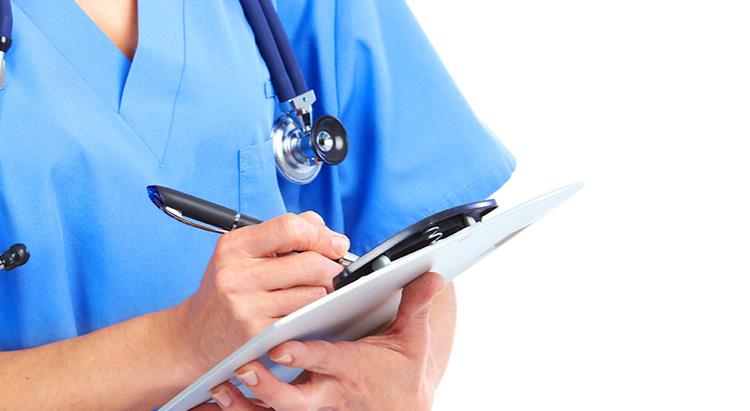16 October 2020

This year’s World Menopause Day is aiming to raise awareness of the menopause, and the support that is available to improve women’s health and wellbeing.
World Menopause Day is held every year on 18 October and encourages women to discuss the subject with their GP and seek the support they need.
Dr Olujimi Jibodu, Jersey’s Clinical Lead for Obstetrics and Gynaecology, said: “We urge women who are worried about their reproductive health to speak to their GP about their concerns. The menopause can trigger a range of different symptoms for women and no two people are the same.
“The more empowered women are in sharing their symptoms, the better colleagues, employers and family can understand their situation.”
This year’s international campaign will focus on the condition of Premature Ovarian Insufficiency (POI). It is a condition that can affect fertility prospects for women as well as causing complications with general and psychological health.
Dr Jibodu said: “POI occurs when a woman’s ovaries run out of eggs before the age of 40. We don’t know why this happens, but it can be linked to family history, autoimmune diseases and other medical treatments.
“The condition significantly reduces a woman’s chances of getting pregnant and if left untreated, can cause longer term health effects on the heart, bones and brain. This means it is important for women to be diagnosed early so they can receive the necessary hormone and fertility treatments.
“We don’t want women to suffer in silence, there are treatments available to support women through these times in their lives.”
Women are encouraged to speak to their GP in the first instance, after which they may be referred to the Gynaecology Department where more information on ovarian conditions is available.